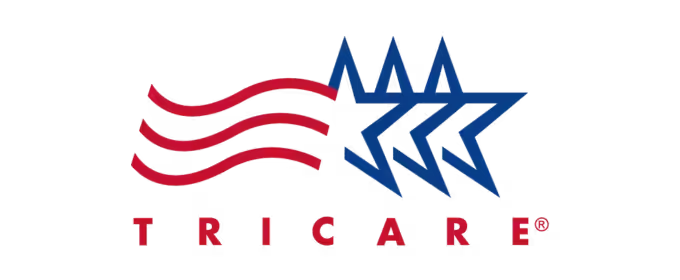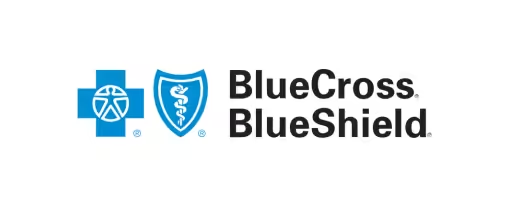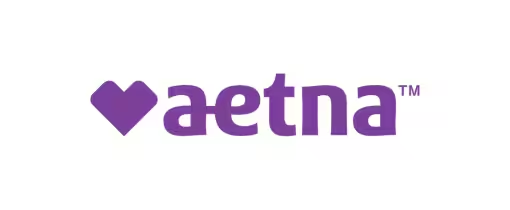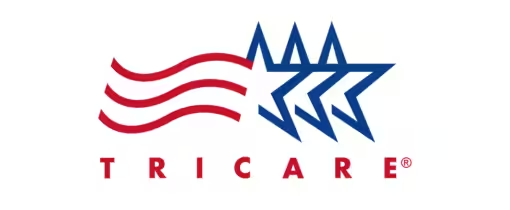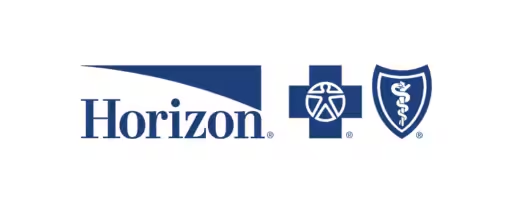About Barbiturate Withdrawal
Barbiturates are not widely used today, but if you or a loved one is addicted to a barbiturate and have tried to stop, you know how unsettling the experience can be when withdrawal symptoms begin to appear. They are enough to drive almost anyone to keep using the drug. It’s what barbiturate dependence is, after all. Someone who is physiologically dependent on a barbiturate needs to keep using the drug in order to feel okay. If they stop or suddenly and significantly reduce their intake, withdrawal symptoms inevitably appear.
As is normally thought to be the case with caffeine, substance dependence can be relatively harmless at times. Many experience unpleasant withdrawal symptoms when they quit drinking coffee, but few people think caffeine addiction is very concerning. Unfortunately, barbiturate dependence and withdrawal are dangerous and potentially life-threatening. Medical detox is required for a safe and effective barbiturate withdrawal experience.
Flyland Is A Barbiturate Withdrawal Treatment Center
Barbiturate addiction and withdrawal require professional medical assistance. Withdrawal symptoms range in severity from mild to deadly. Medical detox should be undertaken in an accredited barbiturate withdrawal treatment center. With highly personalized and effective barbiturate detox programs, Flyland makes the barbiturate withdrawal experience as safe and comfortable as possible.
Barbiturate Withdrawal Timeline And Severity
The length and severity of withdrawal depend on different things which include, but are not limited to, the following:
 the specific barbiturate used
the specific barbiturate used
 how long the drug takes to leave the body
how long the drug takes to leave the body
 length of time dependent on the drug
length of time dependent on the drug
 frequency of use
frequency of use
 dosage
dosage
Most withdrawal symptoms are usually gone after about two weeks, but some can persist. Depression, anxiety, and insomnia can last for months, and drug cravings can lead to relapse. Barbiturate withdrawal aftercare treatment is important for continued long-term success.
The Best Barbiturate Withdrawal Treatment Programs
Barbiturate withdrawal is a serious matter that requires around-the-clock medical supervision and care. Because of this, inpatient medical detox is recommended in most cases. Inpatient rehab facilities provide barbiturate detox programs, medical care, therapy, integrative treatments, and other services. Flyland utilizes proven treatment methods in the most efficient and effective way possible.
Barbiturate Withdrawal Medications
When treating barbiturate withdrawal, phenobarbital is sometimes used as a replacement for the addicting substance. It is a long-acting barbiturate that provides more constant blood levels than short-acting barbiturates and can be tapered safely under medical supervision. Symptom-specific medications are administered for nausea, depression, anxiety, and more. Select medications can also be given in case of an emergency, and it highlights the necessity of medical detox. Withdrawal should never be attempted at home.
Dangers Of Barbiturate Withdrawal
Because the symptoms and severity of barbiturate withdrawal depend on a number of different variables, it isn’t possible to say who is at increased risk of the dangers associated with more severe symptoms. However, seizures, depression, and anxiety can lead to dangerous outcomes. Delirium is possible, and in some cases, circulatory failure and death can occur.








